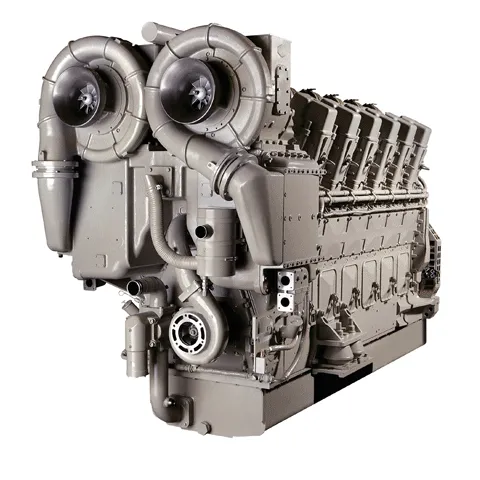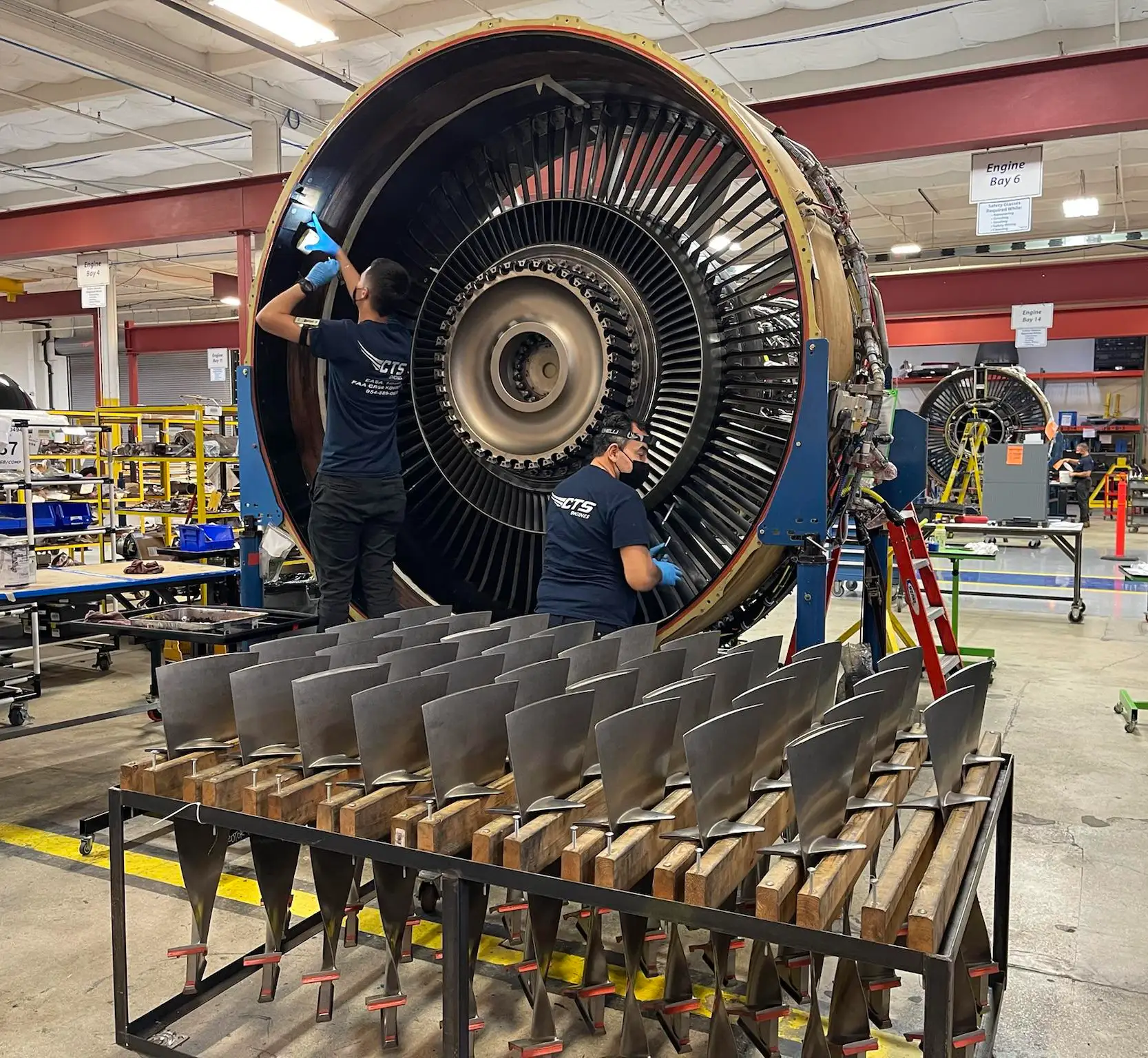Boost Your Fleet with Engines For Africa's Selection
Boost Your Fleet with Engines For Africa's Selection
Blog Article
Explore a Variety of Engines for each Car and Function
The vehicle landscape is increasingly intricate, with a varied selection of engine kinds designed to satisfy certain performance and efficiency demands throughout various automobile categories. Additionally, sturdy engines serve the needs of job vehicles, while eco-friendly options are gaining grip in the quest of lasting transportation.
Sorts Of Automotive Engines
Automotive engines can be categorized into several unique kinds, each designed to meet specific performance and performance demands. The most typical groups consist of interior combustion engines, electric engines, and crossbreed systems.

Electric engines, on the various other hand, run on electrical power stored in batteries, supplying immediate torque and zero exhausts. These engines are becoming increasingly popular due to innovations in battery modern technology and the growing focus on sustainability.
Crossbreed systems combine both inner burning and electric engines, allowing vehicles to optimize gas performance and lower emissions by effortlessly switching in between source of power. Each engine kind provides its benefits and disadvantages, affecting aspects such as vehicle style, intended usage, and market need. Recognizing these differences is essential for customers and makers alike when picking the appropriate engine for their specific requirements.
Efficiency Engines for Sports Cars
Efficiency engines for sports automobiles are particularly crafted to provide improved power, dexterity, and rate, setting them besides basic automobile engines. These engines commonly make use of innovative innovations such as turbocharging, turbo charging, and variable valve timing to make the most of effectiveness and responsiveness.
Usually, efficiency engines are developed with higher compression ratios, which enable higher power removal from gas. This causes outstanding horsepower and torque figures, allowing quick acceleration and higher full throttle. The light-weight materials utilized in these engines, such as light weight aluminum and carbon fiber, add to decreased overall vehicle weight, boosting handling and maneuverability.
Engine setups like V6, V8, and also hybrid systems are usual in efficiency cars, each offering one-of-a-kind benefits in terms of power delivery and driving dynamics. The tuning of these engines is likewise crucial; lots of manufacturers optimize the engine monitoring systems to give a thrilling driving experience, usually consisting of sport settings that readjust throttle response and equipment shifts.
Efficient Engines for Daily Commuters
In the world of daily commuting, efficient engines play an important role in maximizing fuel economy and reducing exhausts while offering reputable performance. As urban populations grow and ecological worries heighten, the demand for automobiles equipped with reliable powertrains has actually surged.
Modern engines developed for day-to-day commuters commonly include technologies such as turbocharging, straight fuel shot, and hybrid systems. Turbocharging enhances engine effectiveness forcibly more air right into the burning chamber, permitting smaller sized, lighter engines that do not jeopardize power outcome. Straight fuel shot improves fuel atomization, causing much better burning and boosted efficiency.
Crossbreed engines, integrating internal combustion with electric power, additional augment gas economy, specifically in stop-and-go website traffic, where traditional engines can endure from ineffectiveness. Electric motors aid throughout acceleration and can operate separately at low rates, reducing general fuel consumption.
Additionally, improvements in engine management systems and lightweight products add considerably to effective engine style. By focusing on performance, longevity, and ecological sustainability, makers proceed to deliver engines that not only satisfy the needs of day-to-day travelling yet likewise line up with international efforts to reduce carbon footprints.
Heavy-Duty Engines for Work Autos
Sturdy engines for job vehicles are consistently crafted to provide exceptional torque and dependability under requiring conditions. These engines are created to perform in settings where standard engines may fail, such as building and construction sites, logging operations, and farming settings. The key emphasis of heavy-duty engines is their ability to generate high degrees of power while maintaining resilience over expanded periods of procedure.
Typically, durable engines utilize sophisticated products and robust building methods to hold up against the roughness of hefty workloads. Functions such as enhanced cylinder blocks, boosted air conditioning systems, and advanced gas shot innovations add to their effectiveness. These engines frequently run at reduced RPMs, which helps to maximize gas performance while providing the necessary power for carrying and lugging.
Along with mechanical toughness, sturdy engines are frequently outfitted with advanced electronic control systems (ECUs) that take care of performance, discharges, and diagnostics. This integration enables much better monitoring and maintenance, making certain that work lorries continue to be operational and effective.
Inevitably, heavy-duty engines are an important component in the efficiency of different industries, supplying the necessary power and dependability to take on the most difficult of jobs.
Eco-Friendly Engine Options
The expanding emphasis on sustainability has caused the advancement of environmentally friendly engine choices that focus on lowered emissions and enhanced fuel performance. These engines are designed to reduce the environmental impact of vehicles while still delivering the efficiency and integrity expected by customers.
Among the most notable environmentally friendly options are hybrid and electric engines. Crossbreed click to investigate engines integrate conventional internal combustion engines with electrical propulsion, permitting for minimized fuel consumption and reduced greenhouse gas discharges. Electric engines, on the other hand, operate entirely on battery power, generating absolutely no tailpipe discharges and contributing to cleaner air quality.
An additional appealing advancement is the development of biofuel engines, which use renewable energies, such as plant materials, to power lorries (Engines For Africa). By utilizing biofuels, these engines can reduce dependence on fossil fuels and reduced overall carbon impacts

As the vehicle industry advances, green engine choices will certainly play a vital role find here in driving the change towards even more sustainable transport solutions.
Verdict
From high-performance engines that boost sports cars and truck capabilities to efficient versions focusing on fuel economy for everyday travelers, each kind offers a specific function. Heavy-duty engines cater to robust work automobiles, while environmentally friendly alternatives, such as electrical and biofuel engines, advertise lasting transport.

Report this page